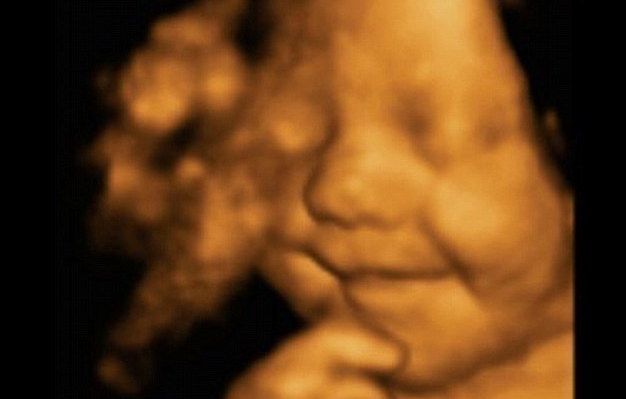A South Carolina bill pre-filed for 2019 seeks to end all abortions by defining an unborn baby as a person under the law.
Its sponsor, state Rep. Josiah Magnuson, R-Campobello, said he hopes the bill will succeed in overturning the infamous U.S. Supreme Court decision Roe v. Wade, the Spartanburg Herald-Journal reports.
“The Personhood Act will define life at conception so that all humans are protected under state law, regardless of age,” Magnuson said. “… The only way to slay the dragon is through the heart of Roe v. Wade. We need to remember our goal — to end abortion.”
His bill includes an exception for abortions when the mother’s life is in danger, according to the report. Magnuson said the bill also would not ban in vitro fertilization or contraception.
“I believe protecting individual rights is the highest responsibility of the state, and the right to life is given to us by our creator,” Magnuson said.
WSAV News reports Gov. Henry McMaster said he would sign the bill, and state Attorney General Alan Wilson promised to defend it in court.
HELP LIFENEWS SAVE BABIES FROM ABORTION! Please help LifeNews.com with a year-end donation!
A similar personhood bill failed in the state legislature in 2018.
Personhood bills can be controversial even among pro-life advocates because of the unlikelihood of them succeeding in a legal challenge. When states lose these battles, taxpayers often are forced to pay pro-abortion groups’ legal fees for the court cases.
Abortion groups have succeeded in overturning similar laws in court. In 2012, the Oklahoma Supreme Court struck down a personhood bill as unconstitutional because it recognized unborn babies as human beings who deserve the right to life.
Though these lawmakers have good intentions to save unborn babies’ lives, personhood legislation, even if upheld in court, may not make abortions illegal. When considering a Missouri statute in 1989, U.S. Supreme Court Chief Justice William Rehnquist ruled that the personhood statute was nothing more than a statement of position that had no bearing on banning abortions or even limiting them in any way.
Missouri had approved a statute saying, “the life of each human being begins at conception” and “unborn children have protectable interests in life, health, and well-being.” The statute required that all Missouri state laws be interpreted to provide unborn children with rights equal to those enjoyed by other persons.
The U.S. Court for the Western District of Missouri struck down that provision and the abortion limits, the U.S. Court of Appeals for the Eighth Circuit affirmed and ruled they violated Roe.
The U.S. Supreme Court then ruled that it did not need to consider the constitutionality of the law’s preamble, defining personhood at conception, as it could not be used to support any abortion laws that conflicted with Roe. Chief Justice Rehnquist wrote the decision. Ultimately, the Supreme Court upheld the personhood language Missouri used decades ago but did not allow it to ban — or even limit — any abortions.
There is more hope that the new conservative-majority U.S. Supreme Court may consider an abortion ban, but it is difficult to say if it would for certain. Some legal scholars have speculated that the current court would be more likely to consider cases that gradually chip away at Roe v. Wade – such as a dismemberment abortion ban – rather than reverse it completely.








